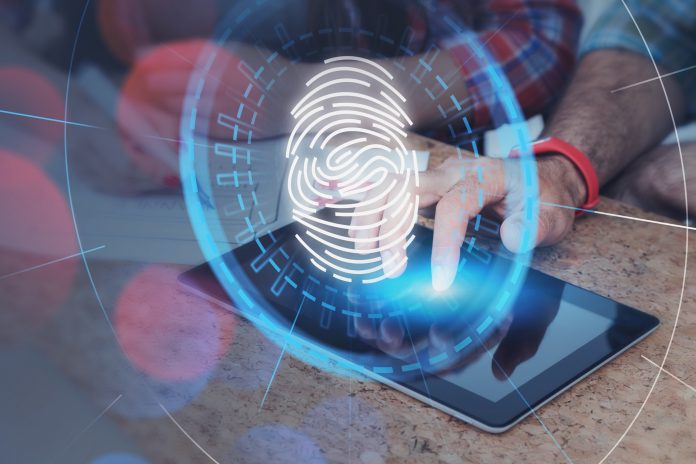Research from IDEX Biometrics ASA has revealed there is now demand amongst consumers for organisations to adopt fingerprint authentication to better protect their data
UK consumers fear their identities are at risk, despite the implementation of the European General Data Protection Regulations (GDPR) last year. IDEX Biometrics ASA has found three quarters (75%) of consumers are concerned about the security of their personal information once it has been shared with a company. Highlighting why organisations should prioritise secure practices and technology, such as fingerprint biometric technology via smart cards, to better protect personal data.
Research from IDEX Biometrics ASA has revealed there is now demand amongst consumers for organisations to adopt such methods of authentication to better protect their data. In fact, more than half (59%) stated they would feel more secure if their personal information was protected by their fingerprint for authentication. This number rose to three quarters (75%) in the Silent Generation (those born before 1946), proving how accepted this form of biometric identification has become – regardless of the user’s age.
Furthermore, half (53%) of respondents believe fingerprint authentication is the most convenient way of proving their identity today. Biometric solutions are an effective means to address data security concerns as they do not require easily breached PINs or passwords. Recent advances in applying fingerprint biometric sensors to smart cards and devices mean authentication credentials are only held on the card itself. This eliminates the need to store such data in central databases, left vulnerable to hackers.
The survey also found consumers’ security concerns rise when companies ask for personal and sensitive information that could help a criminal steal individual identities. For instance, nearly two-thirds (63%) of consumers say they are most concerned about potential identity theft when they share their mother’s maiden name. Half are worried when they hand over their home address (53%) and their mobile phone number (50%).
“Consumers are wary of the potential dangers of sharing their personal information with companies. They are demanding more secure means of authentication to prove their identity and minimise the risk of identity theft,” comments David Orme, Senior Vice President at IDEX Biometrics ASA.
“It is time the benefits of biometrics and fingerprint smart cards are more widely recognised and implemented. This step will go a long way to regaining consumer confidence in the security of their personal data. Biometric technology no longer needs to be considered as technology of the future, recent advancements mean thin sensors can be easily applied to smart cards to authenticate an individual’s identity. Organisations should, and can, act now to provide consumers with the confidence they seek that their data is safe when shared.”











